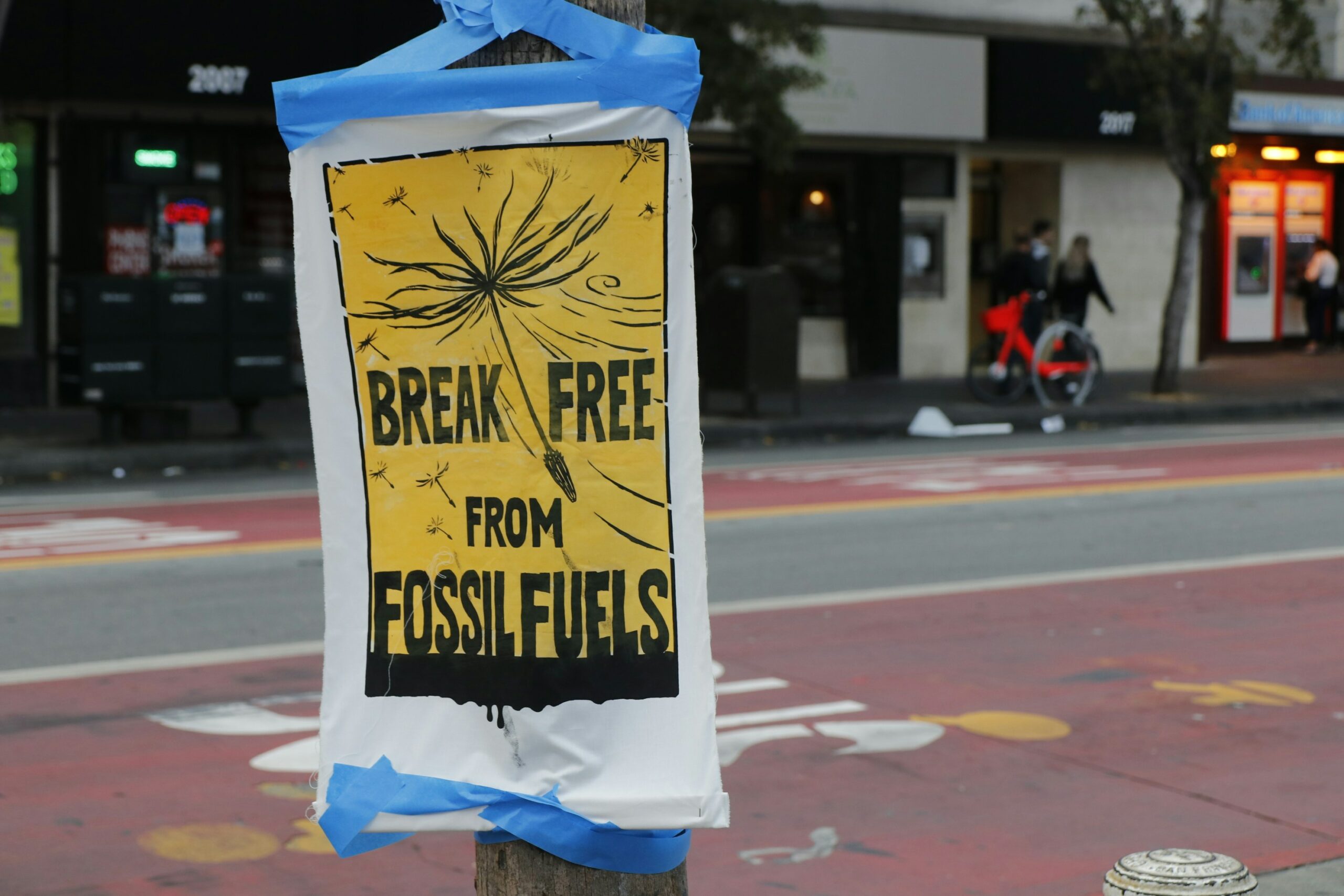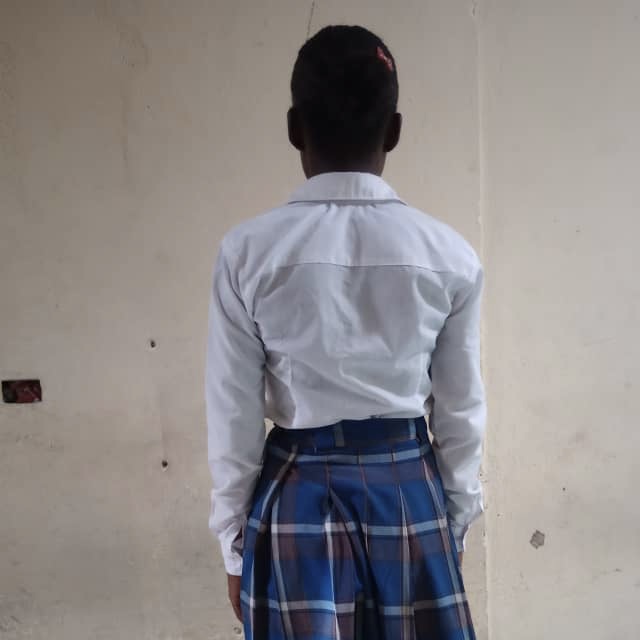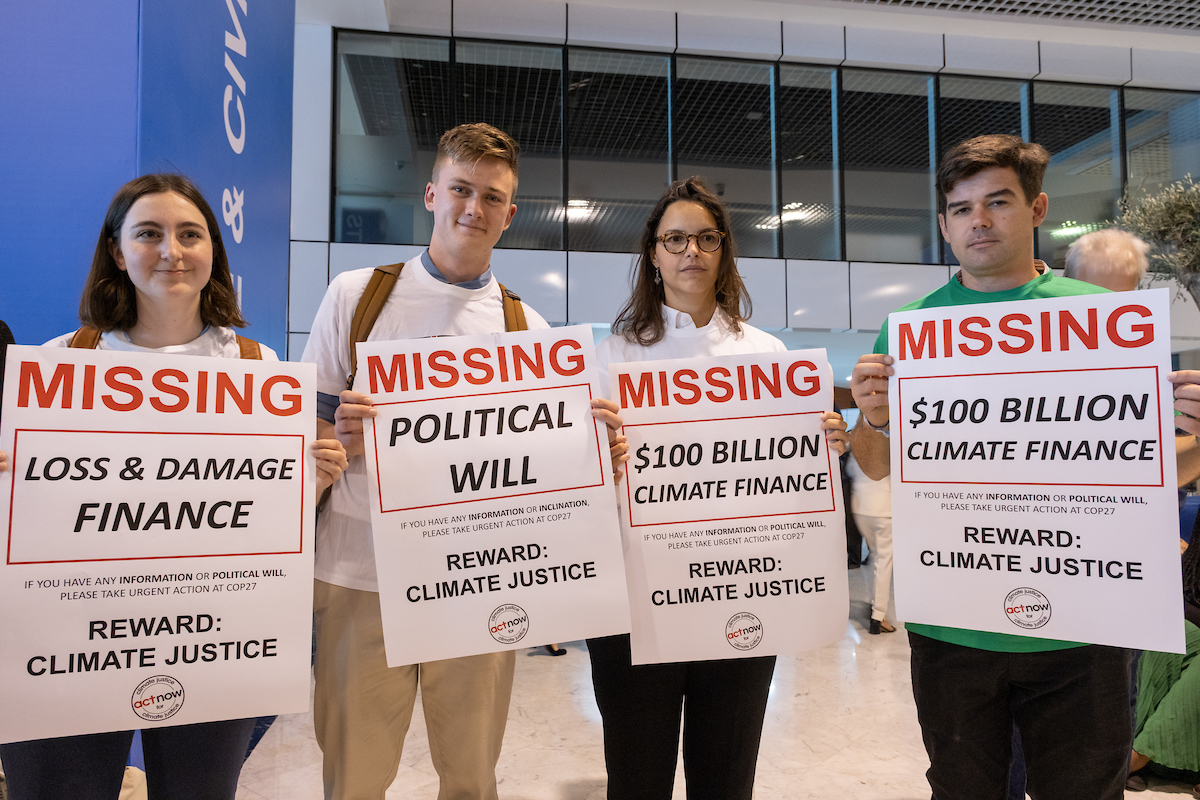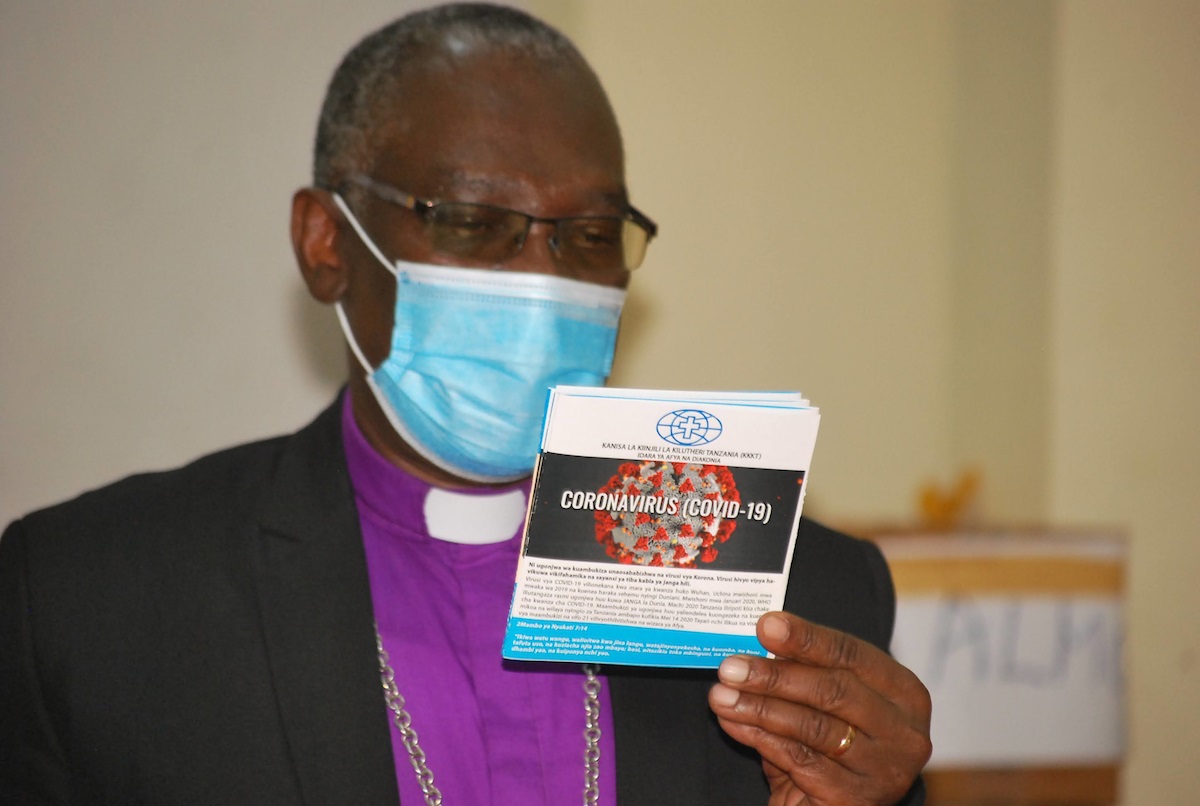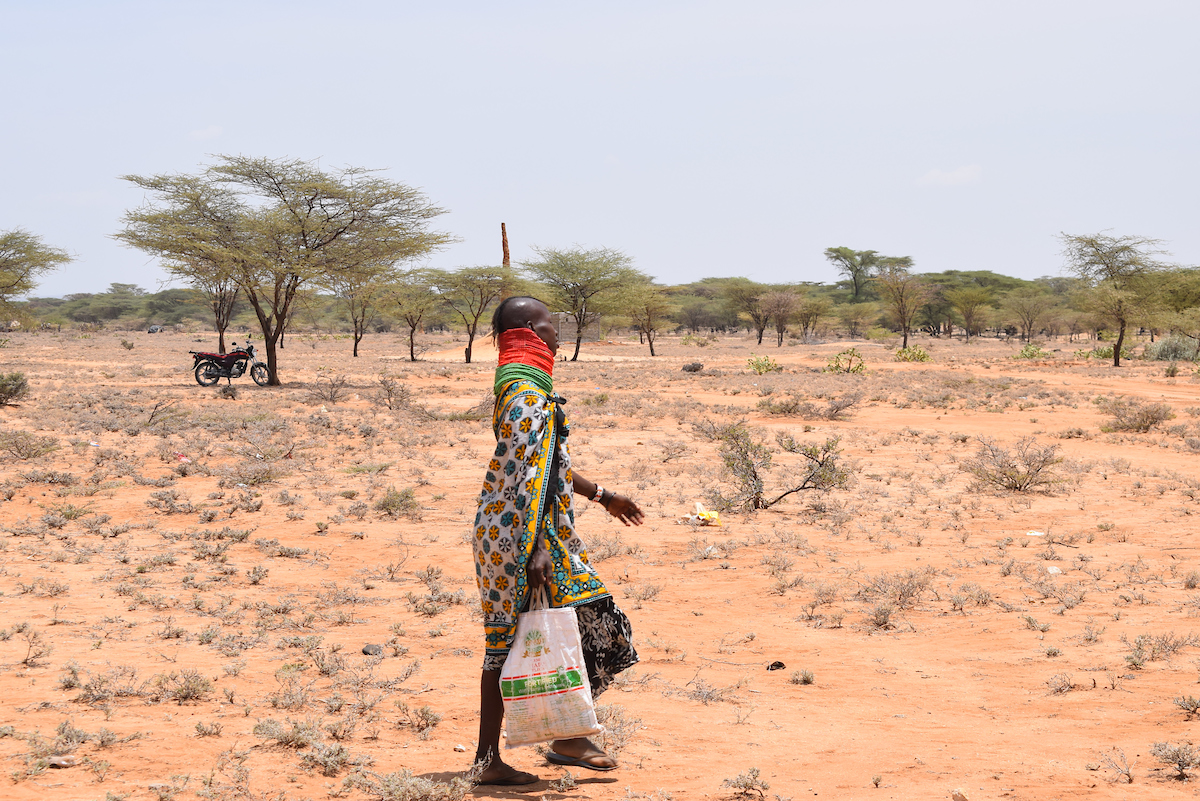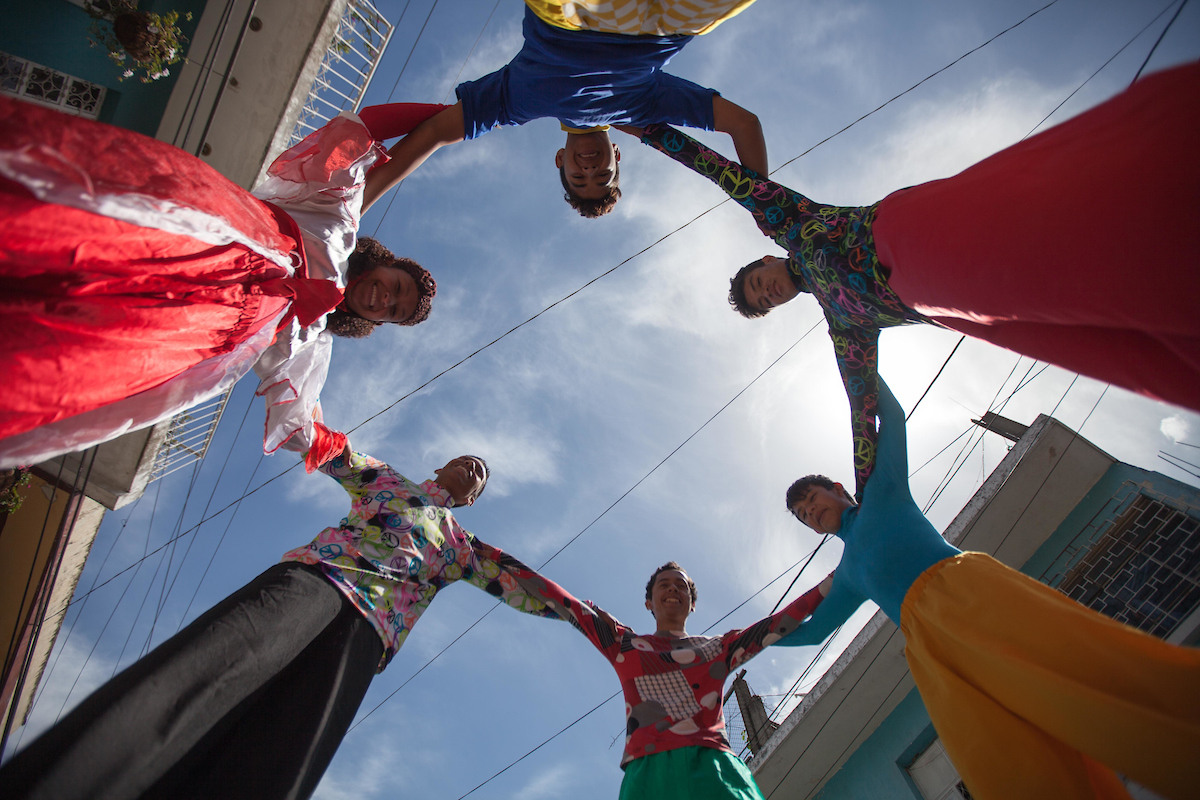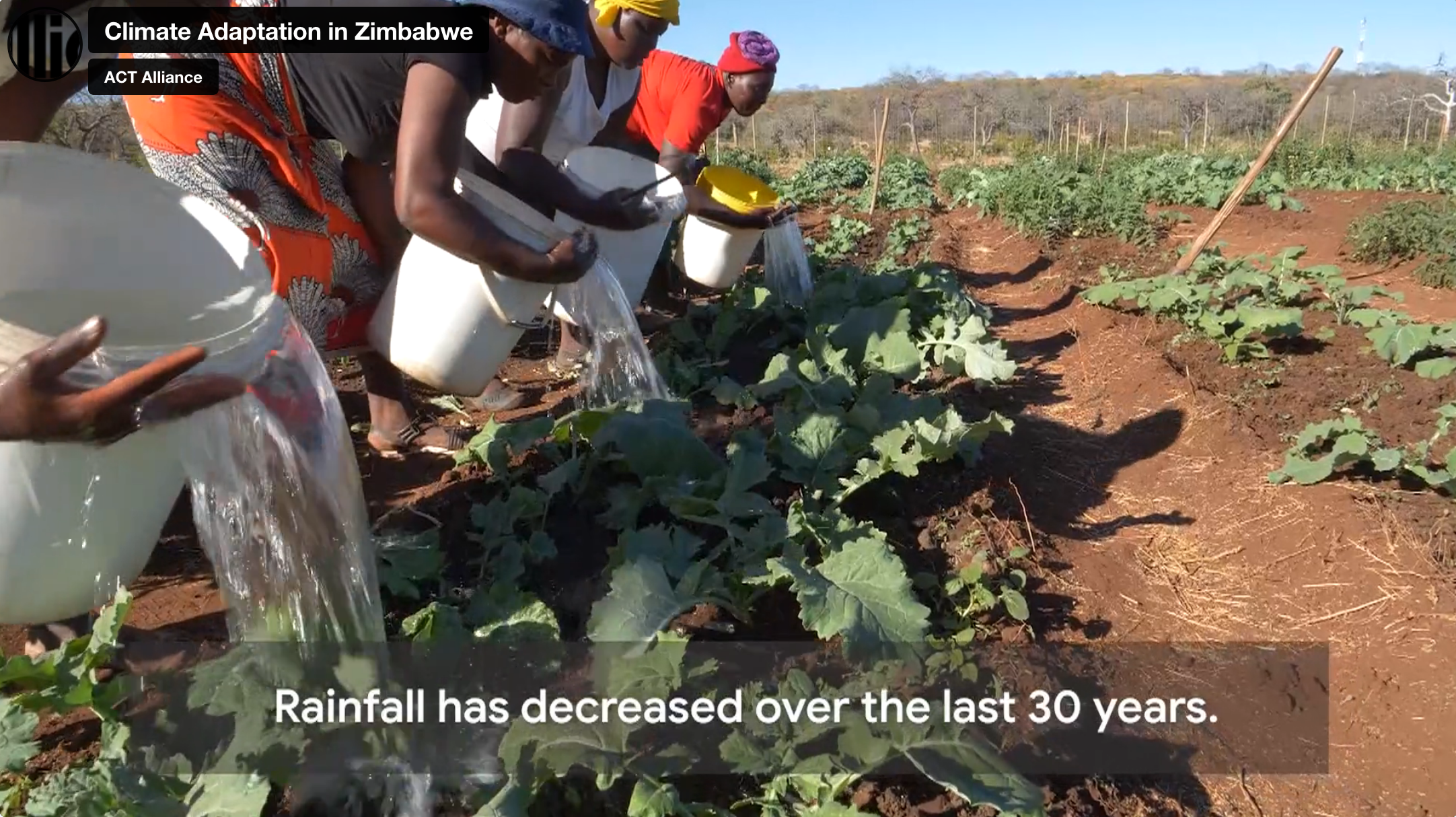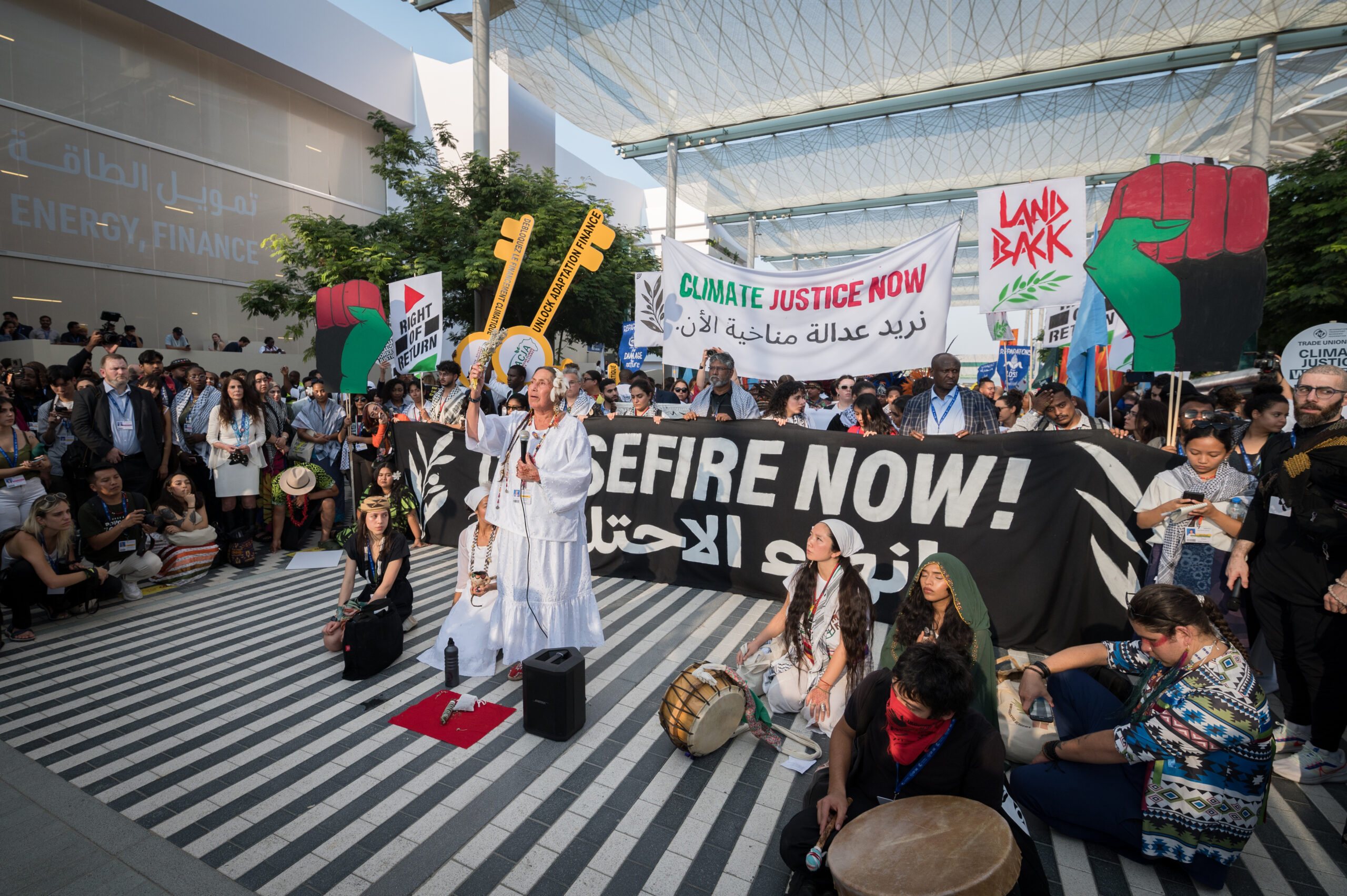After decades of negotiations to reduce the impacts of human-induced climate change, a new initiative could change the game.
Daniela Varano
The campaign for a Fossil Fuel Non-Proliferation Treaty aims to stop the fossil fuel industry from extracting more oil, coal and gas. For 30 years, governments have focused on international agreements and targets to reduce emissions but have not regulated fossil fuels production in line with their climate goals. Today, global efforts to reduce the demand are met with plans to increase fossil fuel supply.
The world is sitting on a “carbon bomb” ticking towards climate catastrophe.
The fossil problem
The science is clear. Fossil fuel emissions are the dominant cause of climate change. The Intergovernmental Panel on Climate Change (IPCC) has found that in 2018, 89% of global CO2 emissions came from fossil fuel.
The economic and health implications of fossil fuel extraction and burning are also profound. According to a Harvard University-led study, more than 8 million people around the world die annually from breathing air containing particles from burning fuels. The economic costs of air pollution from fossil fuel are estimated at $2.9 trillion, far exceeding the likely costs of reducing fossil fuel use.
Fossil fuels are not just a climate issue; they are integral to many products, from plastics to everyday items. Their extraction and use threaten land and biodiversity and are major obstacles to ensuring humanity’s survival.
Unacceptable harm
Despite evidence that the health and well-being of planet Earth’s occupants are at risk, the biggest fossil fuel producer, such as Shell, Exon Mobil, BP and Chevron, have made more than $ 2 trillion in profits over the past three decades. These companies are the main drivers of the climate crisis, and they are betting against our chances to survive it.
They won’t stop, unless we make them.
An investigation by The Guardian revealed that fossil fuel companies are planning more than 150 new projects, each resulting in billions of tonnes of CO2. These expansion plans will make it impossible to keep emissions within the Paris Agreement targets.
With awareness raising and the planet warming, the oil, coal and gas industries are doubling their efforts to stop progress.
Apart from the much-publicised fact that the president of the COP28 was the chair of Abu Dhabi National Oil Company (Adnoc), a company that pumped 2.7 million barrels of oil a day in 2021, with plans to double that by 2027, the number of fossil fuel industry representatives at UN climate talks has been increasing. A record number of 2,456 fossil fuel lobbyists were granted access to the COP28 summit in Dubai, more than the delegates from the 10 most climate-vulnerable nations combined.
The industry seems to join these events to greenwash its image and reposition itself as part of the solution. For instance, the Oil and Gas Decarbonization Charter, signed by 50 industry executives at COP28 pledged to reach net zero by 2050 operations, but not for fossil fuel exploitation. This means that it is still OK to drill oil if the drilling is solar-powered.
The harm and influence that these groups are gaining in the UN Climate Talks is unacceptable.
The Consensus Trap
Given that COP decisions require consensus, it is highly unlikely that the richest oil, gas, and coal-producing and consuming countries will agree to ban and phase out fossil fuels any time soon.
In 2015, the Paris Agreement failed to include incentives and penalties to ensure countries did their part. Efforts to reduce the gap between individual pledges and collective temperature goals have also fallen short.
The agreement’s celebrated flexibility has led to widespread non-compliance. Unlike the Kyoto Protocol’s “top-down” approach, where emission targets were collectively negotiated internationally, the Paris Agreement allows countries to set their own emission reduction pledges.
Since the Agreement’s entry into force in 2016, the focus has been largely on “growing ambitions” and “accelerating efforts” rather than ensuring urgent implementation.
The first global stocktake, which debuted at COP 28, acknowledged the need for a “just, orderly, and equitable transition away from fossil fuels in energy systems”. This seems to be a cautious first step in the right direction but much more needs to be done to slash carbon emissions.
The Fossil Fuel Treaty process could represent an opportunity to achieve this common ambition and strengthen the Paris Agreement with new binding rules and mechanisms to fast-track implementation.
Why the new treaty could work
Modelled on the campaign to achieve a Treaty for the Prohibition of Nuclear Weapons (TPNW), the Fossil Fuel Treaty campaign aims at gathering global support to begin negotiations for a new treaty to end fossil fuel exploitation.
This new international agreement would address the core of the problem: the Paris Agreement’s failure to mention or constrain fossil fuel supply and production.
It’s not the first time that corrective measures have been used in international law to correct regime deficiencies with new legally binding law. Most recently, the new initiative for a UN Tax Convention led by the African Group at the UN that aims at correcting the current inadequate international legal framework on taxes.
The Fossil Fuel Treaty would be complementary to the Paris Agreement and provide a strong signal to investors, industry and fossil fuel producers.
The proposal supported by the campaign includes:
- Ending the expansion of the fossil fuel industry.
- Managing a rapid and equitable global phase out of existing fossil fuel production.
- Ensuring a peaceful, just, and equitable transition for all communities and countries.
Most importantly, the new treaty could include prohibition and compliance mechanisms similar to those in the Montreal Protocol on the ozone layer, which contributed to its success in a relatively short timeframe.
“Climate crunch time”
Faith leaders and organisations worldwide, including many ACT Alliance members, have already endorsed the campaign.
As UN Secretary General Antonio Guterres eloquently said: “this is climate crunch time. We have no more time to lose”.
The 2024 Season of Creation launched this week, features a dedicated page on the Fossil Fuel Treaty campaign website. ACT Alliance invites all its members to support the campaign and sign the call for a fossil fuel free world.
“Supporting the Fossil Fuel Treaty campaign is crucial,” says Elena Cedillo, LWF Program Executive for Climate Justice and ACT Alliance Climate Justice Reference Group co-chair, “as people of faith we are called to care for creation and uphold the dignity of all life. We should end the destructive practices that harm our planet and its people. It is a commitment to justice, compassion, and the protection of our common home for future generations”.
